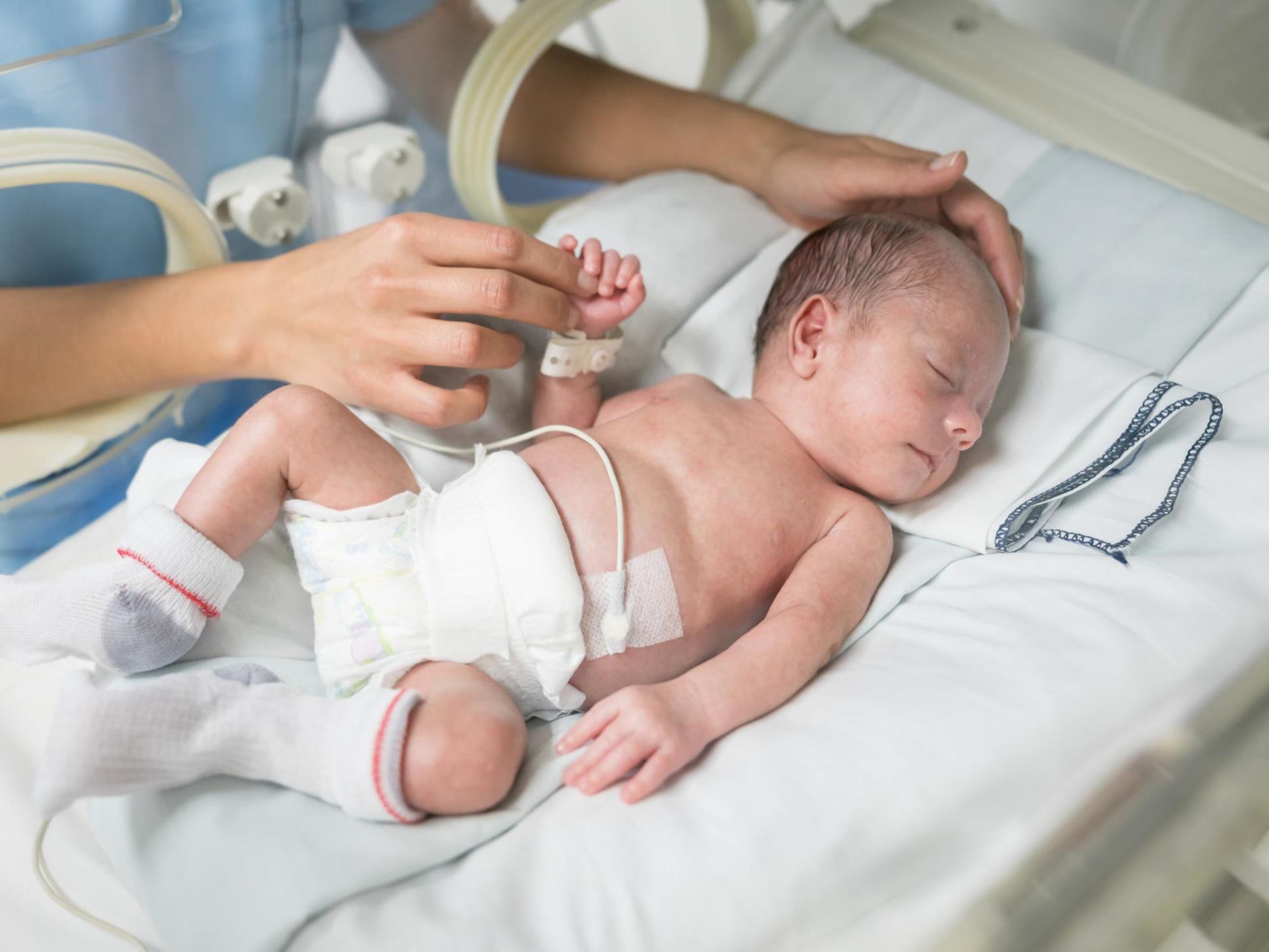The way maternity services are going, another Morecambe Bay is inevitable
Five years after the inquiry into this scandal, in which my baby died, the recommendations it made still haven't been implemented, writes James Titcombe

This week marks the fifth anniversary of the publication of the Morecambe Bay Investigation, chaired by Dr Bill Kirkup. The report exposed a “lethal mix of failures” in the care of mothers and babies at Furness General Hospital between 2004 and 2012. My son Joshua was one of 11 babies whose deaths Dr Kirkup found to have been avoidable.
The report made 26 recommendations and triggered a major review of maternity services across England. The government subsequently announced a national ambition to reduce avoidable harm in maternity services by 50% by 2025. Today, over 20 national initiatives are underway, including the independent investigation of many of the most serious events by a new body, the Healthcare Safety Investigations Branch.
Despite this progress, the vast majority of Kirkup’s national recommendations have still not been implemented half a decade later. Worse still, there is clear evidence of serious safety problems in other maternity services.
In November, an interim report was leaked revealing problems with maternity safety at Shrewsbury and Telford Trust; the report highlighted several themes identical to those at Furness. Then last month, NHS England announced an inquiry into the care of mothers and babies at East Kent, after a coroner ruled the 2017 death of baby Harry Richford at a Margate hospital “wholly avoidable”. Dr Kirkup’s appointment as chair of this new inquiry only adds to a weary sense that history is repeating itself.
Infuriatingly, many of these problems could have been avoided. In early 2016, the Royal College of Obstetricians and Gynaecologists published a review of maternity services in East Kent Hospitals NHS Trust, highlighting several serious issues which, a year later, would be manifested in Harry Richford’s care. It is deeply alarming that this report wasn’t shared with the Care Quality Commission (CQC) until 3 years after it was completed. The Morecambe Bay Investigation specifically recommended such reports be shared with CQC, who would then disseminate the learning to other NHS trusts – yet systems are still not in place to ensure this.
In the case of Harry Richford, the coroner was also critical of the trust for classifying baby Harry’s death as “expected”, and not notifying the coroner. The Morecambe Bay Investigation report recommended the development of a protocol setting out the duties of trusts and staff relating to inquests; specifically, to ensure trusts didn’t attempt to “fend off” inquests in the future – another recommendation that simply hasn’t happened.
Other of Kirkup’s recommendations on which progress either hasn’t happened or remains limited include:
- A review to look at the education and training opportunities afforded to smaller maternity units
- The development of clear, mandatory standards for local investigations into maternity safety incidents
- The development of national standards setting out the professional duties and expectations of clinical leads and other senior managers
- A national review of the NHS complaints processes
- Systematic recording of perinatal deaths at an individual unit level, taking into account transferred babies by place of birth
- The extension of the duty to candour to mandate the involvement of patients and families in the investigation of serious incidents
Strengthening the national whistleblowing policy to protect the interests of whistleblowers and ensure ‘systematic and proportionate’ responses are made by trusts relating to concerns raised by staff
More gallingly still, one of the most positive responses to the Morecambe Bay Investigation, the establishment of an £8.1m fund to support high-quality, multi-professional maternity safety training of 30,000 staff to date has been discontinued by the government.
The foreword of the Morecambe Bay Investigation report warns that unless the lessons of the tragedy are learned, more such scandals will inevitably emerge. Five years later, that warning seems increasingly accurate. The NHS has an unfortunate history of repeating its mistakes. The government needs to act now on maternity care to prevent that from happening.
James Titcombe is an ambassador for Baby Lifeline, a charity supporting improvements to maternity services across the UK.
Join our commenting forum
Join thought-provoking conversations, follow other Independent readers and see their replies
Comments